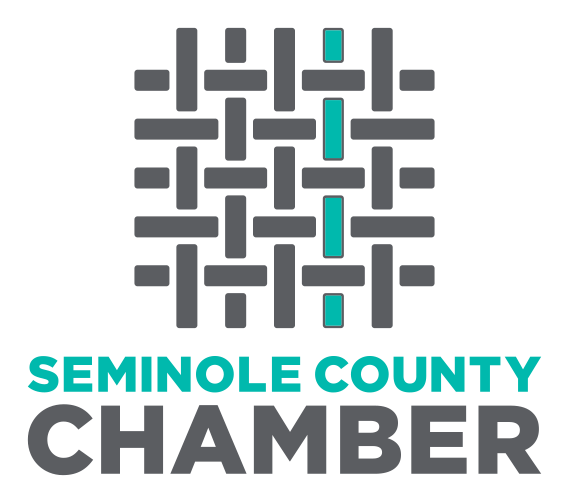Senior Care Authorities Certified Senior Advisors carefully vets senior living locations of all sizes and at different budget levels. Our Certified Senior Advisors do the legwork and help you find the best fit for your senior. From Assisted Living, Memory Care, or Skilled Nursing, we have the knowledge and experience to help you find the best fit. Learn more about how we can help here: https://www.
Types of Senior Care Communities in Central Florida
Assisted Living Community
Assisted living communities provide a safe, somewhat supervised environment for people who want assistance with meals, housekeeping, laundry, and transportation, as well as support with activities of daily living (ADLs) and medication management. Assisted living also provides opportunities for socialization, engagement, and activities.
Memory Care Community
Also called memory support, memory care communities offer many of the amenities and services provided by assisted living situations but typically offer more supervision and a greater amount of caregiver involvement while assisting with a resident’s ADLs. Activities and care are geared toward people with varying levels of cognitive impairment.
Residential Care Homes
Sometimes called personal care homes, these facilities are typically private homes with fewer residents than in an assisted living community. Regulations vary from state to state; the common denominator is the homelike environment, and depending on licensing requirements, residential care homes often provide assisted living level care as well as memory support.
Skilled Nursing Facility (SNF)
An SNF is a medical model, which means that this is often the most appropriate choice for people requiring medical interventions or recovering from an illness or injury. In many states, assisted living and memory care communities are not licensed to address certain medical needs such as IV therapies, feeding tubes, sliding scale diabetes treatment, and wound care. When this restriction exists, families are encouraged to explore an SNF.
Independent Living
This option is ideal for active, independent seniors who may decide that help with meal preparation, housekeeping, and laundry services will make their lives more enjoyable and manageable. Many independent living communities will also offer some assistance with transportation and group activities.
Respite Care
Respite usually refers to a temporary situation where a family needs a break from providing care at home or cannot care for their loved one at home for a limited amount of time. Sometimes a brief respite opportunity can help a family caregiver regroup, take time for some self-care, or just rest and rejuvenation. Policies for respite vary from community to community.
Hospice Care
Hospice is the stage of care when curative strategies have been abandoned. Someone with a chronic illness in later stages or who may be within six months of end of life is a good candidate for these services. Hospice supports the person in care and bolsters the entire family by helping with grief and bereavement services, spiritual support, symptom and pain management, and more. Hospice can offer relief for families during an emotionally important but difficult time.
Continuing Care Retirement Communities (CCRC)
Continuing Care Retirement Communities (CCRC) are for persons 60 years of age or older. They provide individuals with long-term care in the form of independent living units, residential care/assisted living services, and skilled nursing care. Typically, all these various living types are all in one location, and residents move between the various care options as they age.



